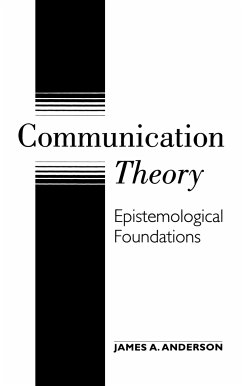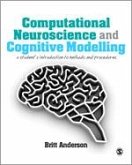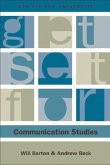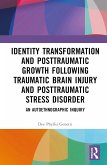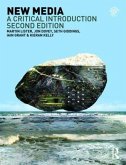This volume presents a thorough analysis of the building blocks that form the foundation of theory in the social sciences. Directed toward providing a substantive knowledge of theory, the volume equips readers with the necessary tools to analyze any theory, evaluate its worth, assess its connections, and understand its development. It is traditionally held that every theory has four claim components: the ontology, which makes a claim about what it is; the epistemology, which makes a claim about what we know; praxeology or, how it is done; and the axiology of a theory, which makes a claim about its worth. The book is organized around seven defining questions about these components. The questions are used heuristically to sort through the complex of ideas and information that forms the foundation of theory development. The book first examines the positions and arguments that are available as answers to these questions. The author then presents an archaeological sketch of the disciplinary community of communication to outline theory genealogies within intersecting scholarship fields. Representative theories are further examined to show how the author's approach reveals a foundation of understanding. Demystifying theory by demonstrating the basis for its development and the methods by which a theory sustains its presence, this accessible and engagingly written book is of value to any communication scholar or student. Designed specifically for advanced theory classes in communication, journalism, and allied fields, it illuminates the foundational questions of all theory in a way that will provide readers with long-term critical skills.

